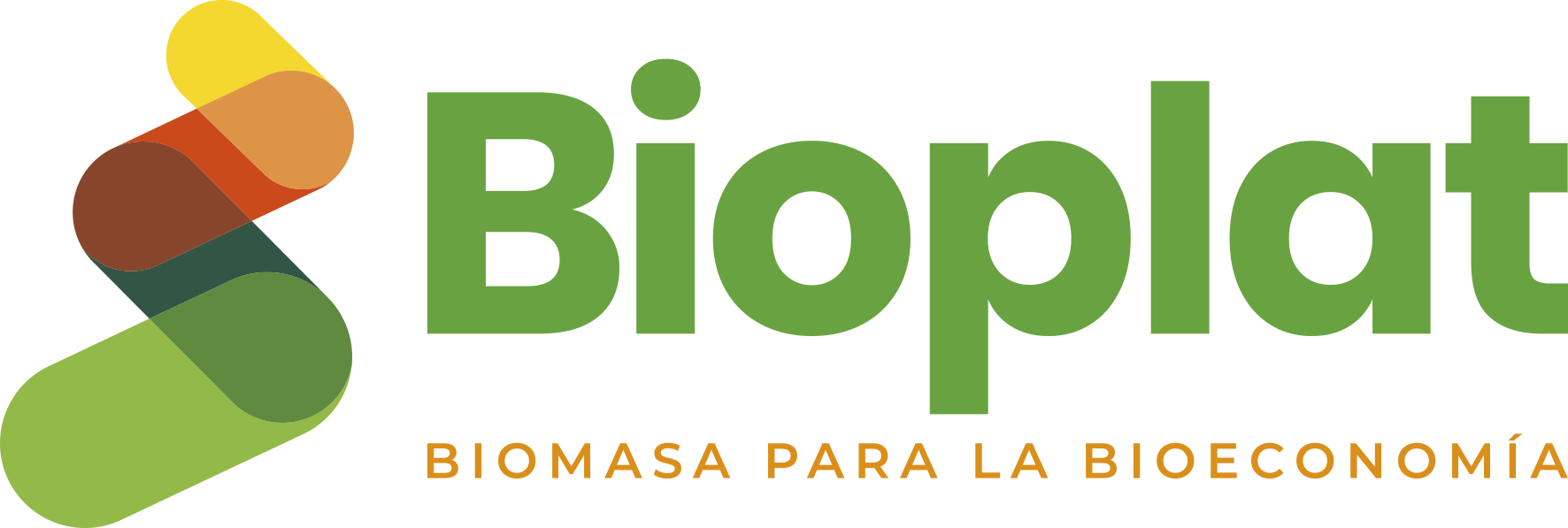12 Dec 2012
European Technology Platforms (ETPs) are key to boosting the European Union “industrial policy”.
The European Technology Platforms (ETPs) are already an existing powerful tool and they could be the concrete solution for innovation and deployment of the industrial policy. ETPs have been active in implementation of the FP 7 for R&I of the EU.and are now providing information and proposals to the ongoing work for the establishment of Horizon 2020 to bring it into line with the real needs of the European society, particularly the needs of the manufacturing and service sectors.
Given the scale and importance of ETPs in the EU context as bodies established on a voluntary basis and open to any interested parties, it is vital to recognise them the role of powerful tools for the implementation of the EU policy.
The European Economic and Social Committee (EESC) has published the document ‘Opinion on ‘The European Technology Platforms (ETPs) and industrial change’ where it is recognised that ETP-related industry sectors have a fundamental position in the value chain: many innovations are dependent on basic processes (manufacturing, processing industries, forestry, robotics) and materials (chemicals, steels …).
The EESC asks the European Commission (EC) to continue to back the activities of the existing ETPs and improve exchanges both among themselves and with the relevant European institutions
The EESC calls for a more effective implementation of the EC regulatory framework simplification process (including participation in EU projects), for increased effort in reducing fragmentation and competition between institutional initiatives, for better coordinated policies and for increased visibility in the future at institutional level, in order to make ETPs more effective.
ETPs may also have a substantial impact on social and societal issues, particularly on the re-orientation of public education and Vocational Educational Training (VET) systems to the needs of the European industries and manufacturing sectors.
